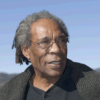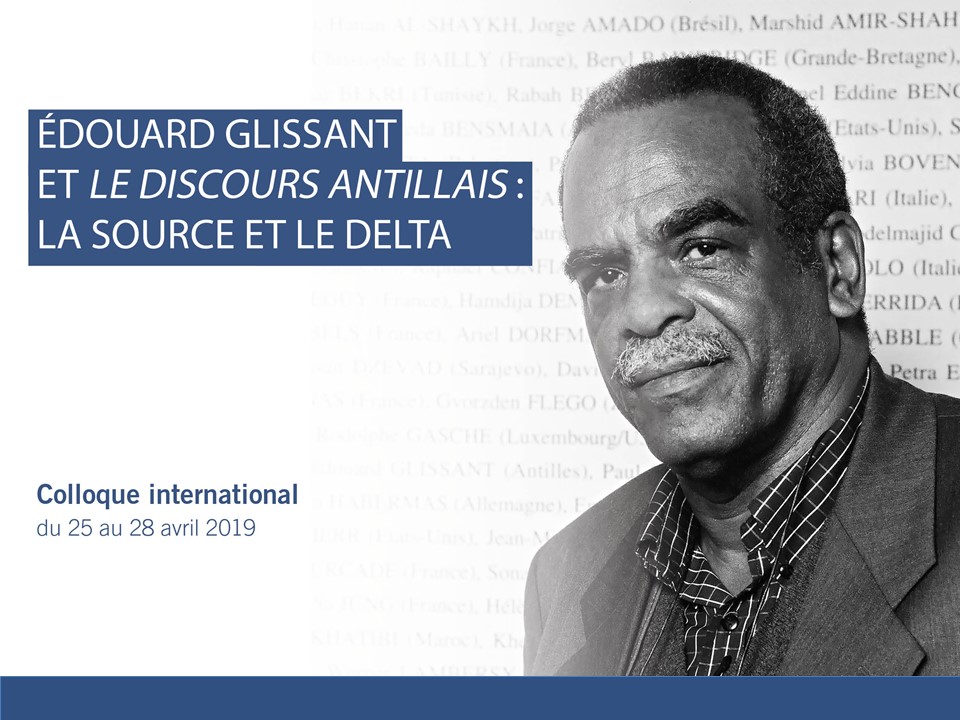
Coursil, Jacques (1938-2020)
<p style="margin-left:4.0cm">Jacques Coursil was born in Paris in 1938 – his parents were from Fort de France, Martinique – and received his musical and other schooling in the French capital. Between 1958 and 1961 he travelled in West Africa during its decolonization, and enjoyed a long stay in Dakar where he was given a welcome by the entourage of Léopold Sédar Senghor. On his return to France he taught literature and continued his musical training. In 1965, Malcolm X was assassinated; Coursil went to The United States, where he would remain for ten years. He landed in New York among all the agitation surrounding Civil Rights and the advent of free jazz, art happenings… For the next decade he had the opportunity to work alongside the greatest musicians in America, both on the jazz scene and in contemporary music. His years in New York were dominated by music and literature, the arts and militant politics, and yet Jacques Coursil discovered other things which to his mind were just as fascinating: notably linguistics and mathematical logic. Slowly he moved away from the music scene and began teaching again. He also returned to university, and on his return to France he decided on an academic career, writing two theses in the fields of Literature (1977) and Science (1992). He alternately taught letters and linguistic theory, first in France, then later in Martinique before finally teaching in The United States at Cornell University and the University of California in Irvine. His career-path made him a voice to be listened to on the corpus of Ferdinand de Saussure and also in the general theories of modern linguistics, as shown by the reputation of his own publications, among them his book La Fonction Muette du Langage, published in France by Ibis Rouge in the year 2000.
Vidéos
ÉDOUARD GLISSANT ET LE DISCOURS ANTILLAIS : LA SOURCE ET LE DELTA - PARTIE 1
La FMSH a accueilli les deux premières journées de ce colloque qui s'est déroulé du 25 au 28 avril 2019, en même temps que l'exposition « Le Discours antillais d'Édouard Glissant : traces et paysages

